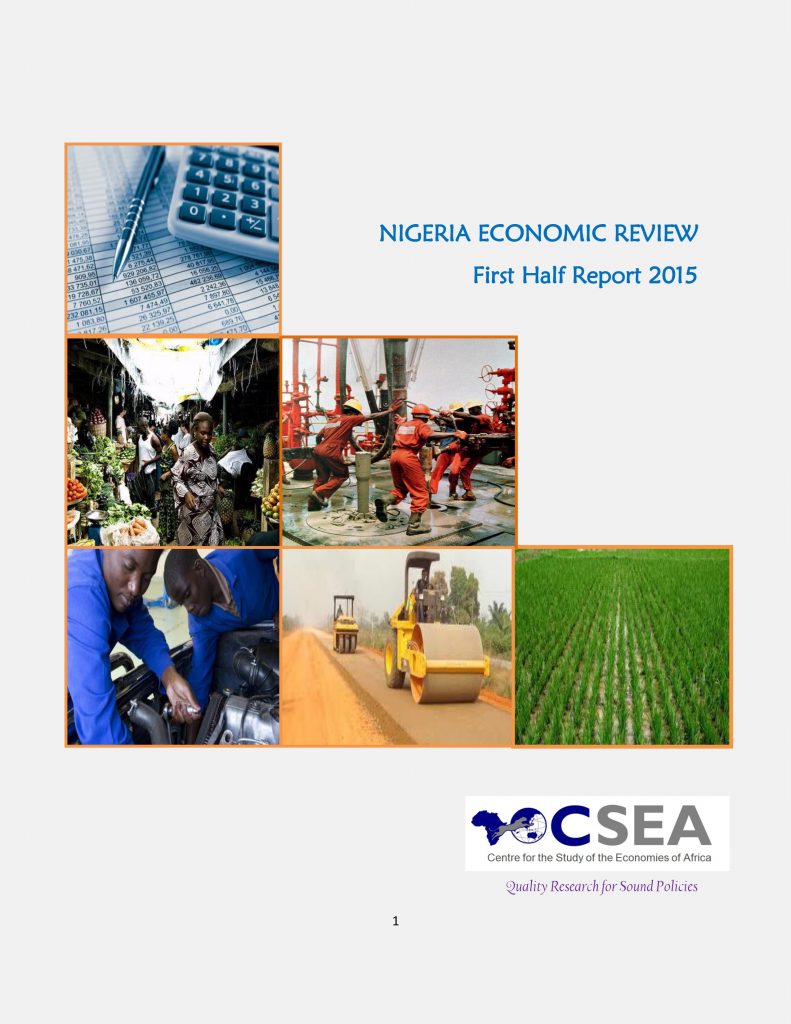Real Gross Domestic Product
(GDP) growth in Nigeria continued to decelerate in 2015H1, with a growth rate
of 2.4 percent in the 2015Q2. Non-oil sector remained the driver of growth, in
contrast to oil-GDP which witnessed a significant negative growth. The huge
drop in global crude oil prices was the main cause of the contraction in
Oil-GDP growth.
The slump in oil prices
resulted in a substantial fall in oil revenue by 41.2 percent in 2015Q1. A
remarkable increase in non-oil revenue in April dampened the effect of the fall
in oil revenue in the first half of 2015. In general, total federally collected
revenue increased by 3.4 percent in 2015H1. Fiscal deficits which increased at
the start of 2015, was reversed at the last month of 2015Q1, an impact of the
austerity measures which has led to a consistent decline in government
expenditure.

